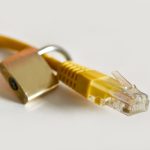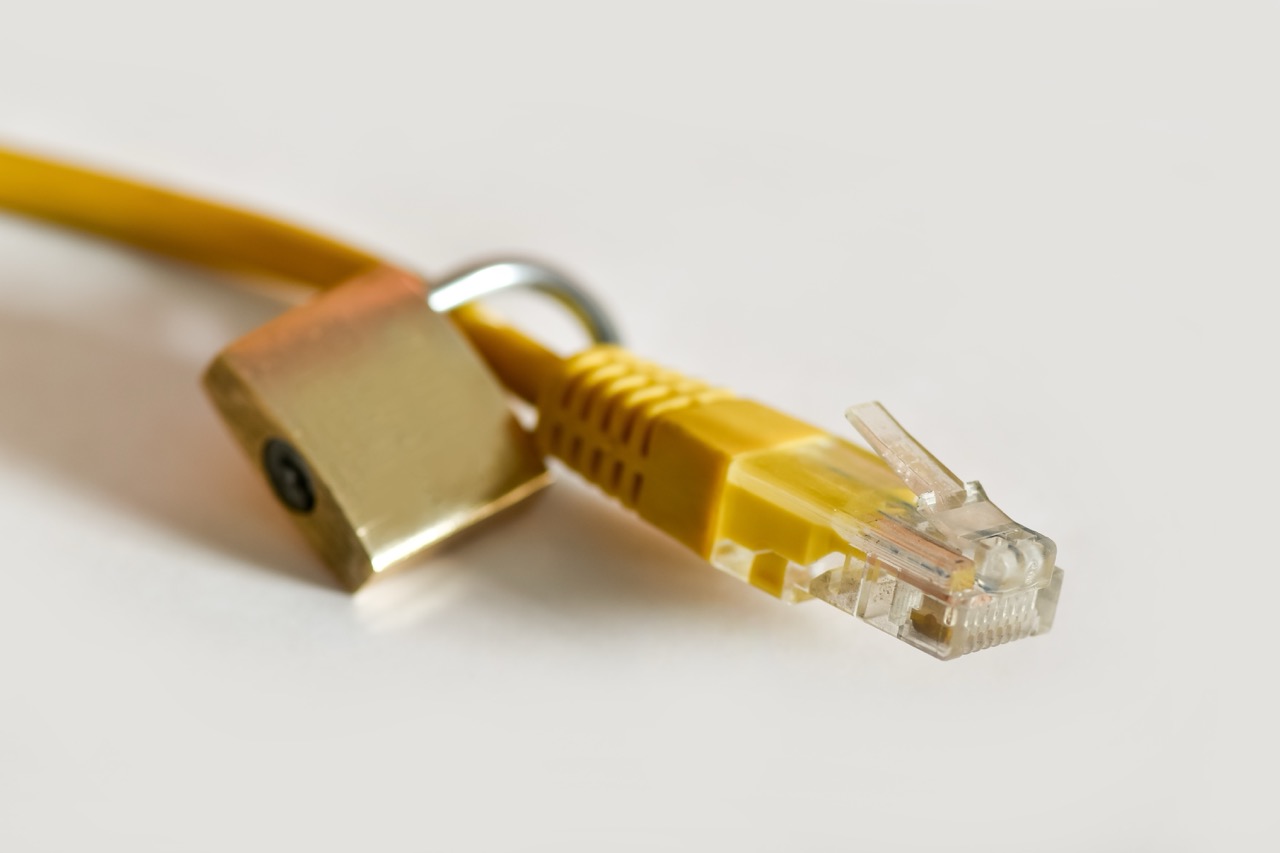In today’s digital landscape, Virtual Private Networks (VPNs) have emerged as essential tools for safeguarding online privacy and security. However, the use of a VPN can sometimes lead to reduced internet speed, which may deter users from utilizing these services to their full potential. Maintaining optimal speed while using a VPN requires an understanding of how VPNs function, the selection of appropriate settings, and ongoing monitoring of performance. This article will detail various strategies to maximize your VPN experience by maintaining speed without compromising security.
Understanding VPNs and Their Impact on Internet Speed
A Virtual Private Network operates by encrypting your internet traffic and routing it through a remote server. While this encryption enhances security, it can also introduce latency and reduce overall internet speed. This is primarily because the data must travel a greater distance to reach the VPN server, and the encryption process requires additional processing power. Consequently, users may experience slower loading times and intermittent connection drops, particularly if the VPN server is located far from their geographic location.
The extent of speed reduction varies based on several factors, including the quality of the VPN service, server load, and the encryption protocols used. High-quality VPN providers invest in robust infrastructure and technology to minimize speed loss. Conversely, free or low-cost VPN services might struggle with server capacity and lead to significant speed degradation, thus negating the advantages of using a VPN for privacy protection.
Understanding these dynamics is crucial for users who wish to maintain speed while enjoying the benefits of VPN technology. Awareness of how different factors influence performance allows users to make informed choices about their VPN service, ensuring both security and efficient internet connectivity.
Choosing the Right VPN Protocol for Optimal Performance
VPN protocols dictate the method of data transmission between your device and the VPN server. Different protocols offer varying levels of security and speed; therefore, selecting the right one is essential for maintaining optimal performance. For instance, OpenVPN is widely regarded as a good balance between speed and security, but its encryption levels can still introduce some latency. On the other hand, protocols like IKEv2/IPSec tend to be faster and are particularly effective for mobile devices that switch networks frequently.
WireGuard is another modern protocol that has been gaining popularity for its lightweight design and impressive speed. By utilizing a more efficient encryption model, WireGuard can provide faster connections with lower latency compared to traditional protocols. However, users should evaluate their specific needs—if security is paramount, they might choose a more secure protocol despite potential speed trade-offs.
Ultimately, testing various protocols provided by your VPN service can help you strike the right balance between security and performance. Most reputable VPN services allow users to switch between protocols easily, so experimenting with different options can lead to significant improvements in connection speed.
Selecting a VPN Server Location for Speed Efficiency
The geographical location of the VPN server you choose can have a significant impact on your internet speed. When connecting to a server that is physically closer to you, latency is minimized, leading to faster data transmission. VPN services typically offer multiple server locations across the globe, and selecting a nearby server can drastically improve your browsing experience. Conversely, connecting to distant servers can introduce delays and hinder performance.
Moreover, consider the load on specific servers as well. Popular servers in high-demand regions may experience congestion due to excessive user traffic, leading to slower speeds. Most VPN providers display server load, allowing users to select less crowded options that can offer better performance. Therefore, taking a moment to evaluate server load can be just as crucial as considering geographical proximity.
Additionally, some VPN services offer specialized servers optimized for specific tasks, such as streaming or gaming. Utilizing these specialized servers can enhance your experience by providing tailored speeds and performance, making it essential to understand the available options within your chosen VPN service.
Minimizing Latency Through Effective Bandwidth Management
Latency, or the delay before a transfer of data begins following an instruction, is a common challenge when using VPNs. Effective bandwidth management can significantly reduce latency, allowing for smoother and quicker internet performance. Users can start by ensuring that their internet connection is stable and fast enough to support VPN use. A strong base connection will minimize the impact of the VPN on overall speed.
Additionally, adjusting Quality of Service (QoS) settings on your router can prioritize traffic for your VPN connection. By allocating more bandwidth to VPN activity, you can improve speed and reduce latency when accessing VPN-restricted content or services. Some routers come with built-in QoS features, allowing users to easily manage their data allocations.
Finally, limiting the number of devices using the VPN simultaneously can further enhance your connection speed. Each connected device consumes a portion of your bandwidth, so disconnecting unnecessary devices can free up resources for a more efficient VPN experience. In environments where multiple users share a single VPN connection, implementing these bandwidth management strategies can result in noticeable improvements in latency and overall speed.
Configuring VPN Settings for Enhanced Connection Speed
To optimize your VPN experience, it’s imperative to configure settings that enhance connection speed. Many VPN services offer options such as split tunneling, which allows users to choose which applications or websites should use the VPN connection and which can connect directly to the internet. This not only conserves bandwidth but also maintains higher speeds for non-sensitive activities.
Another adjustment involves tweaking the encryption level. While high levels of encryption provide enhanced security, they can also slow down your connection. If speed is a priority, consider using a VPN setting that strikes a balance between adequate security and acceptable performance. Most reputable VPN services allow users to select from various encryption protocols or levels, enabling you to customize your connection.
Lastly, keeping VPN software updated ensures that you benefit from the latest performance optimizations and security enhancements. Developers frequently release updates that can improve speed and fix issues, making it essential to maintain the latest version for optimal performance. Taking proactive measures in configuring your VPN settings can lead to significant improvements in connection speed and user experience.
Regularly Testing and Monitoring Your VPN Speed Performance
To maintain an efficient VPN connection, regular testing and monitoring of your VPN speed performance are crucial. Various online tools allow users to conduct speed tests that measure download and upload speeds, as well as ping times. By running these tests before and after connecting to the VPN, you can gauge the impact of the VPN on your internet speed and make informed adjustments.
Monitoring your speed performance over time can also help identify patterns or issues. If you notice a gradual decline in speed or significant fluctuations, it might indicate server overload, connectivity issues, or the need for configuration changes. Keeping a log of your results can assist in diagnosing problems and determining the best server locations or protocols for optimal performance.
Moreover, many VPN services have built-in speed tests or analytics tools that track performance metrics, allowing users to continually assess their connection quality. Utilizing these features can provide valuable insights into your VPN usage, enabling you to make data-driven decisions for maintaining speed while enjoying the security benefits of a VPN.
Maintaining speed while using a VPN is a multifaceted endeavor that encompasses understanding how VPNs work, selecting appropriate protocols, and managing server locations and settings effectively. By implementing the strategies discussed in this article, users can significantly mitigate the potential speed loss associated with VPN usage. Regular monitoring and testing of performance also play a crucial role in ensuring that your VPN experience remains efficient and secure. Ultimately, with the right approach, users can enjoy the dual benefits of enhanced online security and optimal internet speed.










